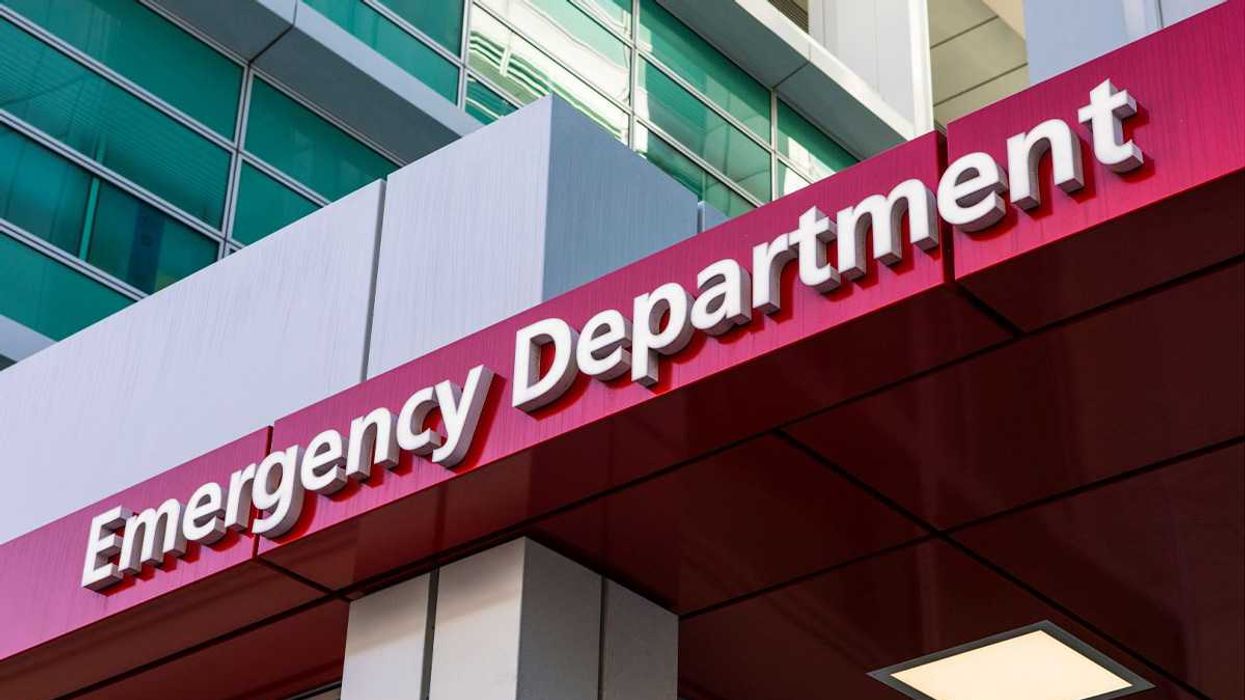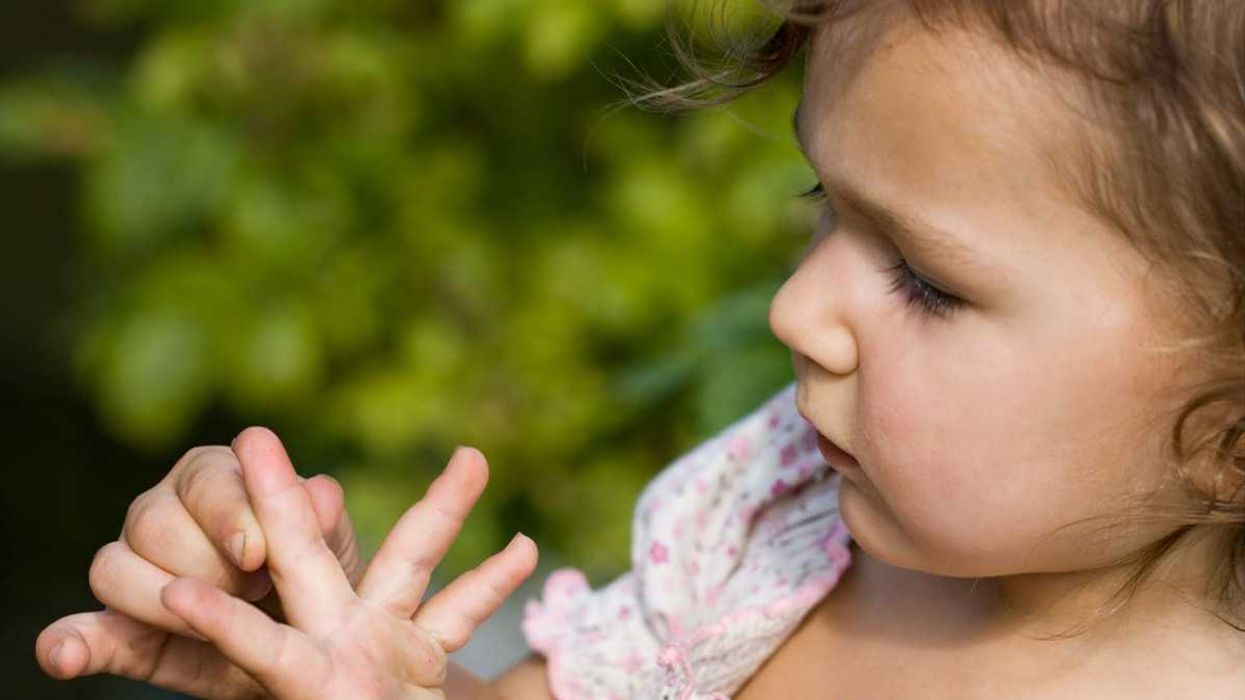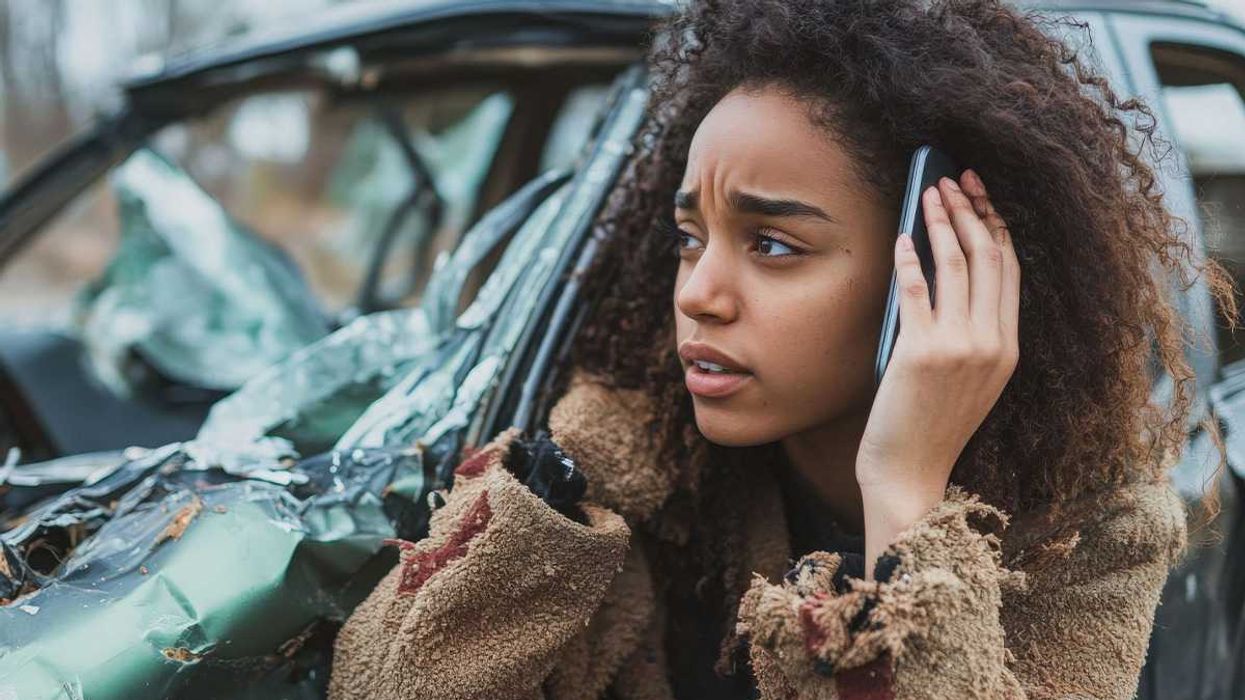In 2011, an earthquake and subsequent tsunami caused three reactors at the Fukushima Daiichi nuclear plant to melt down. After radioactive material was released into the air, over 100,000 people were evacuated from an area roughly the size of Los Angeles. The area was then divided into three zones – one where people were permitted to return to, one where some areas were deemed safe to live, and one deemed uninhabitable due to the high levels of radiation. Almost ten years later, the wildlife in the area is thriving. Yes, even in the restricted areas.
RELATED: Five Years After Fukushima, Japan's Nuclear Power Debate Is Heating Up
Researchers from the University of Georgia placed 120 cameras in all three zones. 14 cameras failed, but they still managed to capture 267,000 photos in two 60-day periods. What they found was surprising. Wildlife was thriving. Wild monkeys, raccoons, wild boars, and even a fox with a rabbit in his mouth were caught wandering around the contaminated area. The study was recently published in Frontiers in Ecology.
While the contaminated area did have dangerous amounts of radiation, it lacked one thing – humans. "Over time, some wildlife species have responded favorably to the absence of humans, even in the presence of high radiation levels, resulting in a rewilding of the evacuation zones," Thomas Hinton, a radioecologist at the Institute of Environmental Radioactivity at Fukushima University who worked on the study, told Earther.
In fact, the human-restricted areas had higher population levels of almost all species despite the presence of higher radiation. Racocon dogs and the Japanese serow were the exceptions, both of which had higher populations in the inhabited zone.
Researchers didn't study the health of the animals, however the animals caught on camera didn't look physically affected from the radiation. Their behavior seemed normal as well. That doesn't mean the radiation isn't affecting wildlife carte blanche. Shortly after the disasters, scientists found deformed butterflies with larger legs and smaller wings in the restricted areas. Other studies found earthworms with DNA damage and a decline in reproduction for goshawks.
RELATED: Chernobyl Site To Be Converted Into Solar Farm
"Humans are nature's cancer," Hinton said. "Our ever-expanding presence has discernible impacts on many wildlife species. Nature, however, is resilient and if the stress of persistent human presence is reduced, many wildlife populations are about to rebound and increase in numbers."
The findings show that despite disasters, life finds a way to push forward. Still, we shouldn't have to rely on a disaster, natural or otherwise, to experience a rebound in wildlife populations.


















 The Emergency Department.Photo credit:
The Emergency Department.Photo credit:  Little girl with a splinter.Photo credit:
Little girl with a splinter.Photo credit:  Woman on phone after car accident.Photo credit:
Woman on phone after car accident.Photo credit: 


 A hotel clerk greets a guestCanva
A hotel clerk greets a guestCanva Gif of Faye Dunaway' as Joan Crawford demanding respect via
Gif of Faye Dunaway' as Joan Crawford demanding respect via  An empty rooftopCanva
An empty rooftopCanva
 A road near equatorial Atlantic OceanCanva
A road near equatorial Atlantic OceanCanva Waves crash against rocksCanva
Waves crash against rocksCanva